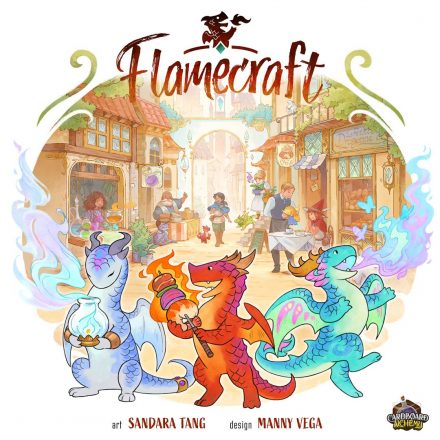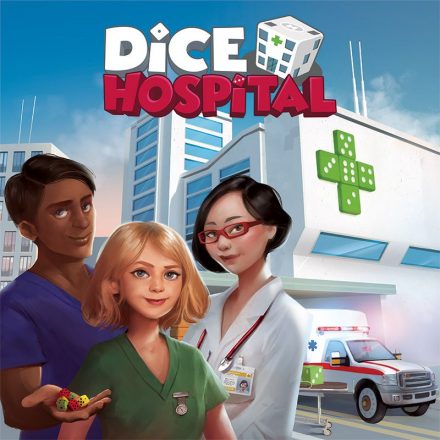
Kero
June 2471, and kerosene – KERO – is scarce. Two clans are struggling to survive, exploring New Territories in their tanker trucks. Running out of fuel is a risk each time they leave camp! Fortunately, a local tribe of Tuareks can lend a helping hand…
Kero is a two-player game set in a future unfriendly world, where players will be clan leaders – managing a camp, a tanker truck and 7 Explorers – competing for the same lands. Their ability to win the game will be based on how much kerosene (Jerrycans) they can find and how they use it wisely… Collect as many resources as possible while using as little as possible of the KERO in your tanker-truck to upgrade your camp and claim New Territories! Score the more points (by adding up the points on cards and territories) and become the 2471 Badassest Clan!
The game is played in 3 rounds (ending when a Claim card is revealed), each comprising several turns. Making snap decisions and mistakes under time pressure is part of the game!
Game Mechanics:
- Area Control
- Dice Rolling
- Move Through Deck
- Push Your Luck
- Set Collection
- Take That
- Worker Placement
Game Specifications:
- 2 Players
- ~30 Minutes
- Difficulty Weight 1.97









